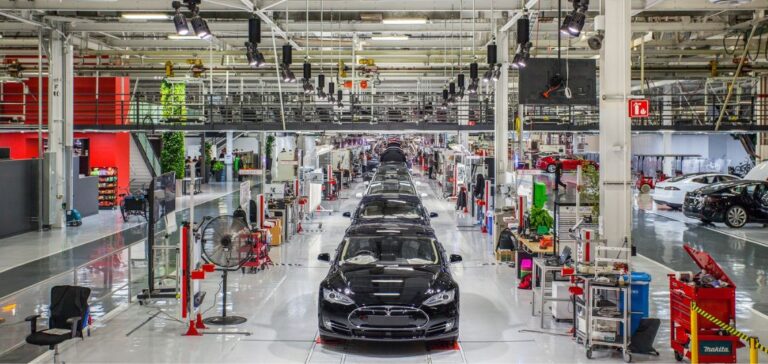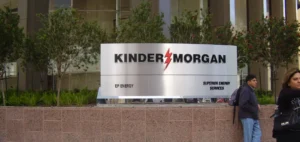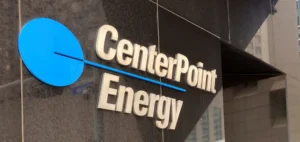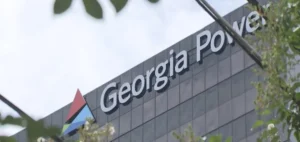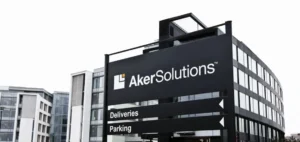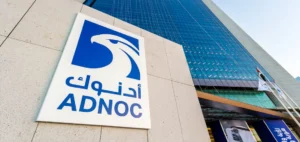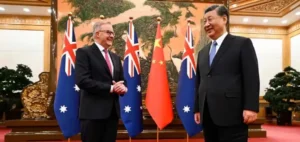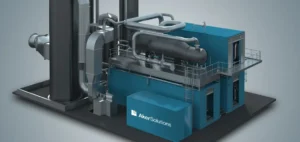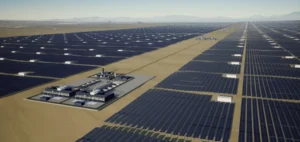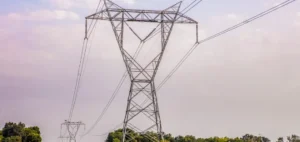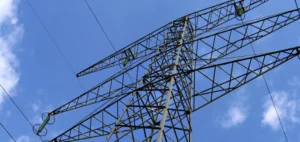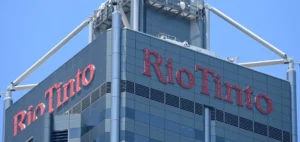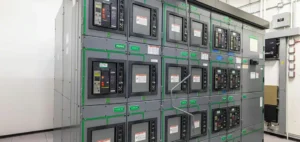US electric car maker Tesla will set up a second factory in China, also in Shanghai, to manufacture its Megapack batteries, Xinhua news agency reported Sunday.
The plant will have an initial capacity of 10,000 Megapack batteries per year and is expected to begin production “in the second quarter of 2024,” according to the source. This will be Tesla’s second in Shanghai, following the opening of a large site in 2019.
Tesla’s megapacks, designed to store energy and stabilize power to the grid, claim to be able to store more than 3 megawatt hours each. The announcement comes on the heels of Tesla founder Elon Musk’s presentation to investors of an ambitious but vague growth plan. At the beginning of March, it confirmed the construction of another plant in Mexico, for the assembly of vehicles, near Monterrey.
Tesla is at the zenith, after years of losses, thanks to an impressive succession of record profits, boosted by the opening of factories and the ramping up of its production. The U.S. group is also playing the role of the main catalyst in the ongoing automotive revolution, with most automakers’ innovation efforts shifting from internal combustion engines to electric.
Despite this success, Elon Musk has not achieved some of his very ambitious goals. The entry-level price of its cheapest car, $43,000 for the Model 3, in the United States proved too high for many Americans, despite its vocation to appeal to a very large market.
Elon Musk is also behind schedule in his plans to bring a fully autonomous vehicle to market, as the driver-assist technology developed by Tesla has spurred investigations by U.S. regulators.
Its relationship with China, meanwhile, has raised eyebrows in Washington, with U.S. President Joe Biden saying in November that the group’s management ties to foreign countries were “worthy” of scrutiny.

